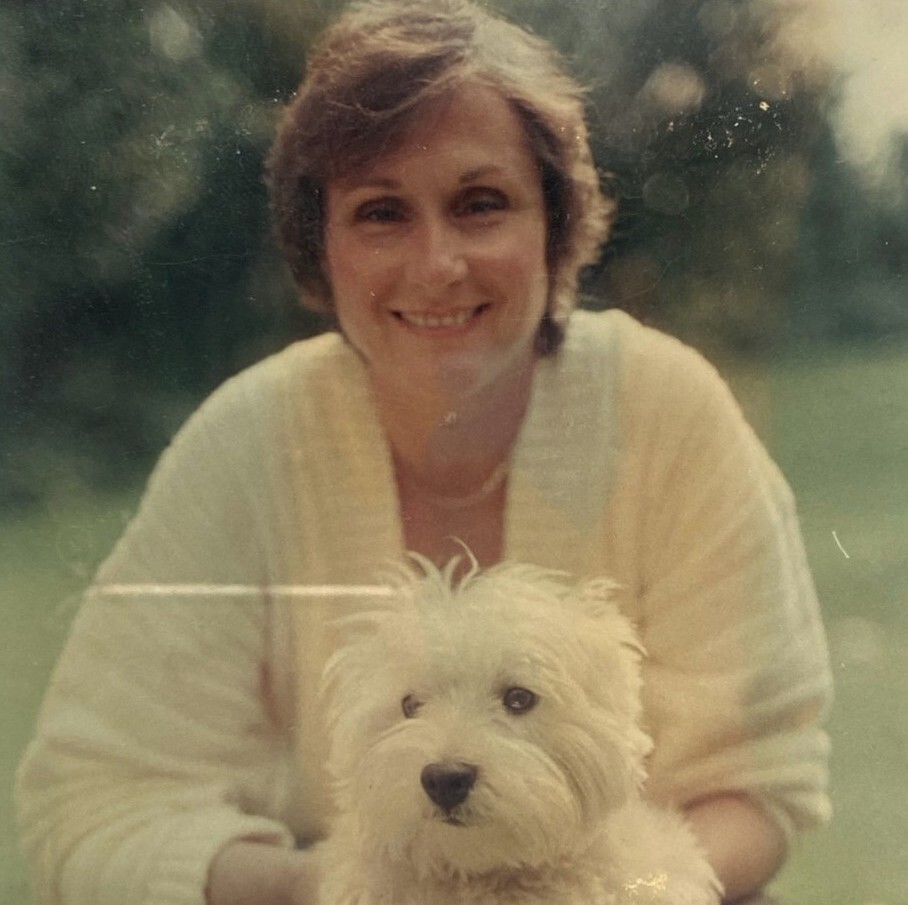Harriet Wulfstat
In 2005, Harriet Wulfstat was with friends on a trip of a lifetime in China when she noticed that her urine was discolored. Upon returning to the States, she shared this warning sign with her husband, Allan, who noticed she also appeared jaundiced. They immediately sought out a doctor to investigate, and when the endoscopy scans suggested cancer, they were advised to connect with a surgeon right away.
Staying Positive in the Unknown
To say that Harriet and Allan were in shock is an understatement. After all, Harriet had already survived ovarian cancer; she couldn’t possibly be facing another battle. Even so, her family describes her as one of the “lucky” ones: she noticed symptoms that something wasn’t right in her body—and acted upon them.
They reached out to friends and contacts who set her up with an exceptional team of specialists from across the country. One connection led them to Dr. Mitchell Posner, a surgeon at the University of Chicago, who confirmed Harriet was a candidate for the Whipple procedure, an invasive surgery aimed to remove the cancer and prevent it from growing and spreading.
“Our parents were motivated to find the best care,” said Jennifer Wulfstat Gadiel, Harriet’s daughter. “They were curious about her options and incredibly resourceful to have the connections and network to evaluate her next steps quickly.”
The Whipple was a success, giving Harriet “clean margins.” With this news, all focus turned to ensuring the cancer wouldn’t return. Through more connections, Harriet found Dr. Margaret Tempero, Director of the University of California San Francisco Pancreas Center. Dr. Tempero was doing an innovative treatment with chemotherapy cocktails, and they were able to coordinate the prescriptive chemo protocol with a doctor at Evanston North Shore Hospital.
“Harriet was a survivor with an amazingly hopeful story. She talked with recently diagnosed Pancreatic Cancer patients from all over the country. She gave them a sense of hope, a friendly ear, and advised them to seek out a major cancer treatment institution in their region to get the best care available,” said Allan, Harriet’s husband of 51 years.
A Positive Force Seeking Hope
For the next 15 years, Harriet’s passion for life and helping others truly shined. Neither the cancer returning nor breaking her hip during chemo treatment would dim her light. During those gifted years, she traveled with her husband and spent time with family and the people she loved. Harriet was a dedicated Rolfe volunteer and Board Member and served as a trustee of a private foundation supporting Pancreatic Cancer research and patient support.
Leaning into their family’s values, Harriet advocated for and launched a patient support program at the University of Chicago. “Harriet was an inspiration with her zest for life, her study of medical research, her support for others, and her hard work on the Friends and Family Program,” said Dr. Posner in an email.
With the support of the Gerald O. Mann Foundation, of which the Wulfstat family are the trustees, Rolfe took over the effort, now called Harriet’s Helping Hands, to expand its “boots on the ground” patient support program. Rolfe has grown the program with connections to all Chicagoland hospitals.
A Legacy to Remember
“In her final days in hospice at home, my mom focused on her passions – her family, her friends, and her commitment to advancing the research to fight this deadly disease,” said her son, Matthew Wulfstat.
Harriet’s legacy will surely be felt by all the lives she’s touched over the years, and Harriet’s Helping Hands will ensure others have the same opportunities she was afforded.
“We believe in Rolfe Foundation’s efforts to raise awareness of Pancreatic Cancer and support medical research for early detection and treatment of the disease,” added Allan. “It is our honor to continue to support the Foundation with “Harriet’s Helping Hands: Rolfe’s Patient and Family Support Program.”
